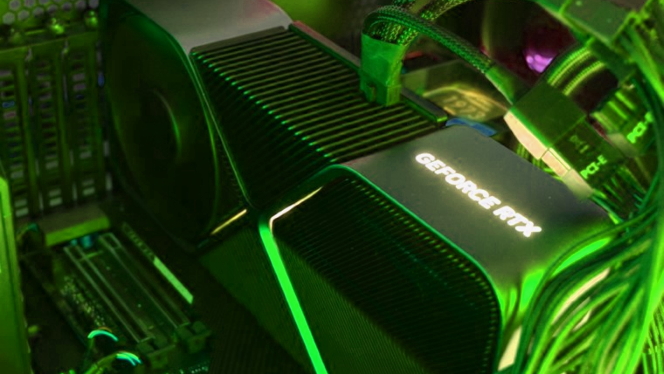TECH NEWS – So, despite the US ban, the Chinese tech giant has plenty of GPUs to get its hands on AI.
Reuters has reported that Tencent has recognised the potential impact of the US restrictions on them, as the Biden administration has banned the sale of Nvidia’s H800 and A800 GPUs in China. These two GPUs are primarily designed for artificial intelligence, but Tencent has plenty of them in stock before switching to domestic solutions.
So Tencent is using Nvidia’s technology to train its Hunyuan model, which could last for generations and not affect the ‘working model’ for a period of time, but Tencent’s president Martin Lau says they need to figure out how to use their AI chips more efficiently. But that doesn’t mean the company is immune to the new sanctions: it is risking its ability to deliver its latest cloud services to its customers. As a result, Nvidia’s market position is very strong, especially in cloud computing (in China, the “greens” have a market share of around 90%!)
The ban on Nvidia hardware will therefore slow down the growth rate of the local industry. There may be local Hopper GPUs for the market there, but now many are looking for local, Chinese solutions instead, with Tencent reportedly joining Baidu (Google’s local equivalent) to produce an in-house solution, thus hampering US influence. For example, they may opt for Huawei’s Ascend AI chips because they can already achieve 70 per cent of the training and 80 per cent of the inference performance of Nvidia’s A100. For this reason, Tencent will choose the domestic hardware for lower-priority tasks.
So the Chinese situation is moving in the direction of trying to squeeze Nvidia and AMD technology out of the market so that Huawei, for example, can have a winning position. In mobile phones, they are already trying to ban Apple iPhones for state employees (because they fear surveillance… while Huawei’s top-of-the-range phone does about the same thing).
Source: WCCFTech










![[TGA 2025] Star Wars: Galactic Racer Focuses on High-Stakes Podrace Runs [VIDEO]](https://thegeek.games/wp-content/uploads/2025/12/theGeek-Star-Wars-Galactic-Racer-302x180.jpg)





Leave a Reply